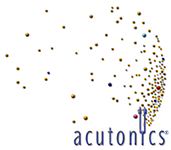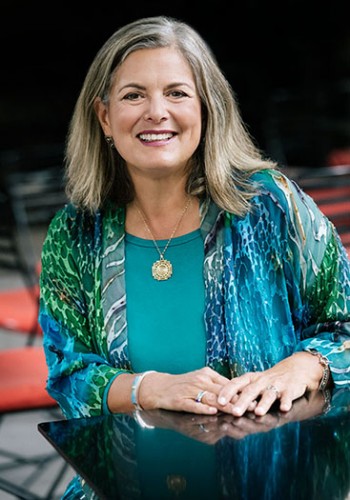Ellen F. Franklin, PhD
Archetypes and synchronicity play a huge role in the development of the Acutonics System. Significantly through sound vibration, not just any sound, the sounds of the cosmos, heavenly harmonies, or music of the spheres we touch something that is literally collective and universal. This world of symbols and images of the collective unconscious connects with the rhythms of the whole universe and the generative power of all that is matter and mind and heart and spirit. When destructive narratives and patterns overtake us, it is of vital importance that we acknowledge what is in the collective, conscious, or unconscious, and through the power of our clear intentions, and proper use of the sound tools we have at hand, do everything in our power to promote a cycle of harmony and health.
Our travels through Europe this past month are a potent reminder of why this work is so important. It is critical to understand the layered, deep karmic patterns, and ideologies that can lead to destruction and unfathomable loss of human life. Failure to learn from past mistakes, where patterns repeat themselves again and again, may result in cultural disintegration. This is a big challenge at a time when white supremacy and antisemitism is on the rise around the globe. We see it here in the US, with synagogue attacks, antisemitic tropes in politics, the more recent murder of a synagogue president, and the rhetoric surrounding the horrific terrorist attack in Israel. Personal beliefs about human rights for all people has left me with a deep underlying sense of anxiety, tied to my Jewish roots.
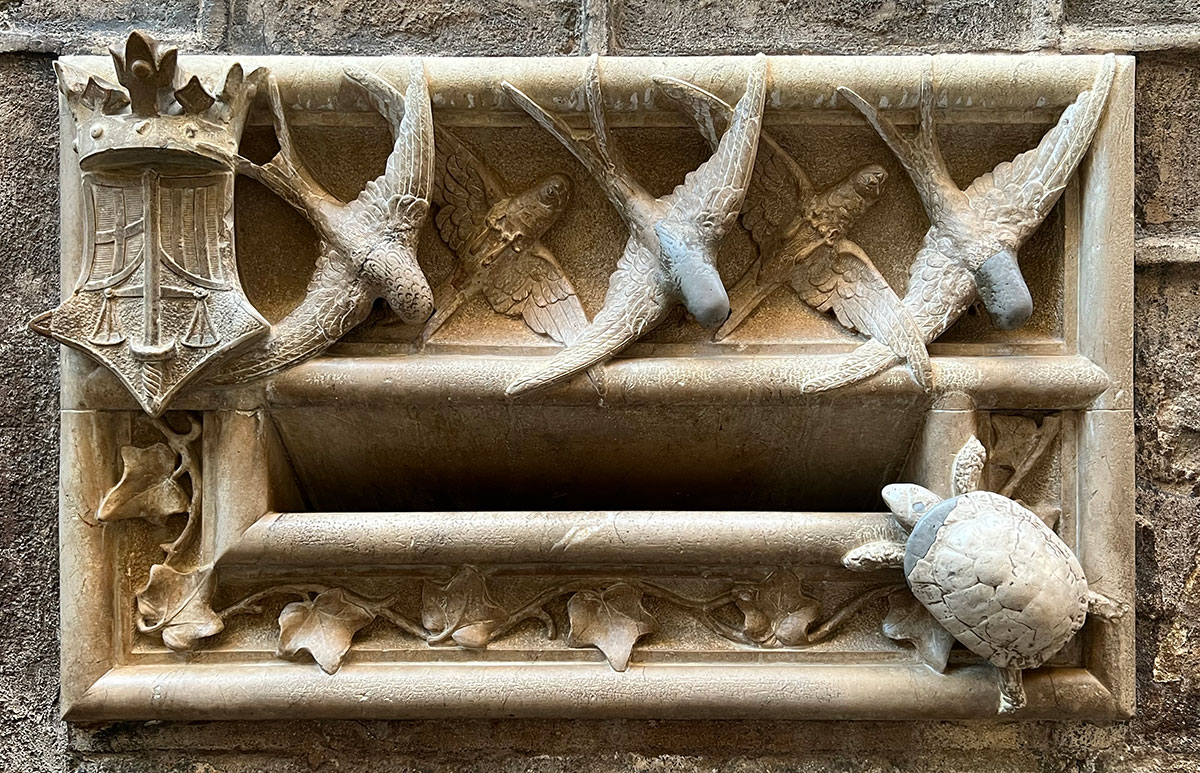 The word antisemitism, prejudice or discrimination directed against Jews, didn’t come into use until the 19th century, but its roots, are ancient some cite the conflicts between Christians and Jews, where Jews were collectively blamed for the death of Jesus. In more modern times it is often rooted in conspiracy theories about Jewish power and wealth that have resulted in pogroms, expulsions, and the death of more than 6 million Jews during the holocaust in Europe, which some still try to deny.
The word antisemitism, prejudice or discrimination directed against Jews, didn’t come into use until the 19th century, but its roots, are ancient some cite the conflicts between Christians and Jews, where Jews were collectively blamed for the death of Jesus. In more modern times it is often rooted in conspiracy theories about Jewish power and wealth that have resulted in pogroms, expulsions, and the death of more than 6 million Jews during the holocaust in Europe, which some still try to deny.
Antisemitism also rises when there is unrest or war in the Middle East. It is possible to believe in the right of Israel to exist, without supporting rightwing political views. It is possible to believe that Israel has a right to defend itself from horrific terrorist attack by Hamas, while at the same time being concerned about the safety and rights of the Palestinian people. Aid must get to all people who need it. In our hearts we know that war is never the answer, and yet how do you respond to attacks when dear friends and family are in harm’s way? It is no easy task to try to understand and preserve history, learn from past mistakes, engage in acts of compassion and kindness, and not get stuck again in the eternal return. Grievances that are so deep and unrelenting they have the potential to destroy the planet.
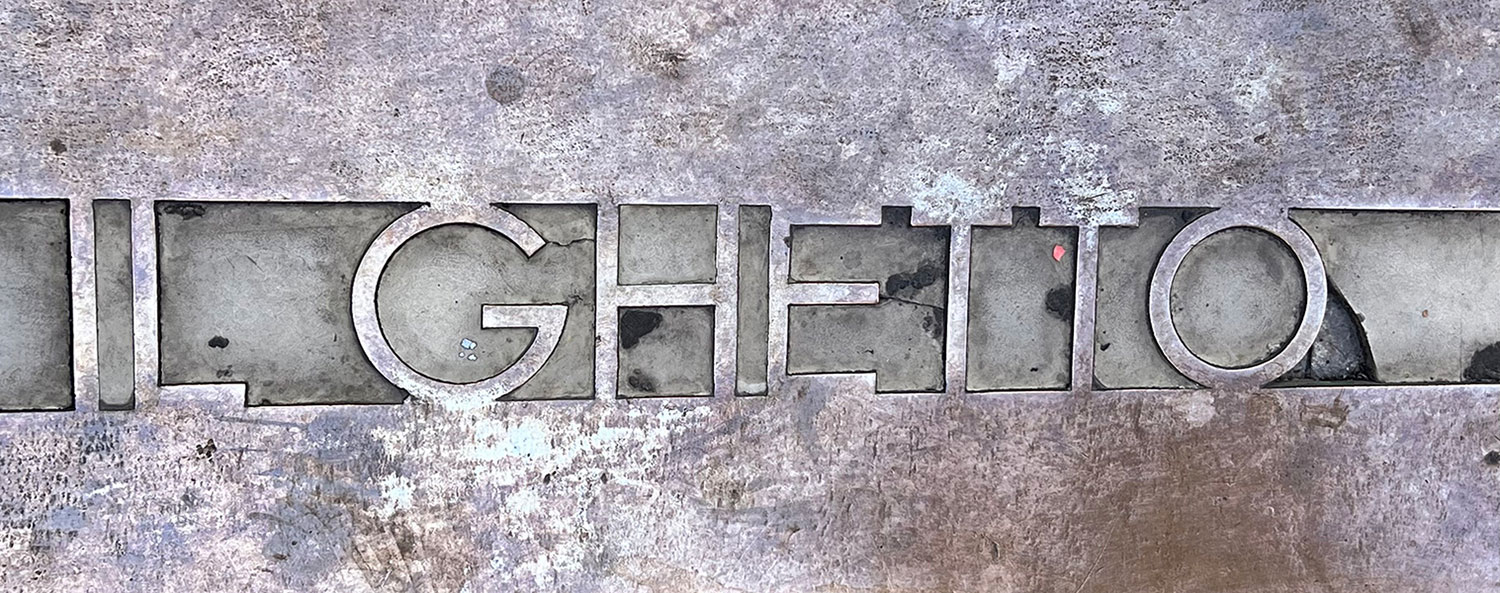 Throughout our extraordinary month-long travels in Europe, I looked for opportunities to find traces of Jewish culture and history. It was often unsettling, as guides would share their knowledge and connection to what occurred, again and again, throughout the ages.
Throughout our extraordinary month-long travels in Europe, I looked for opportunities to find traces of Jewish culture and history. It was often unsettling, as guides would share their knowledge and connection to what occurred, again and again, throughout the ages.
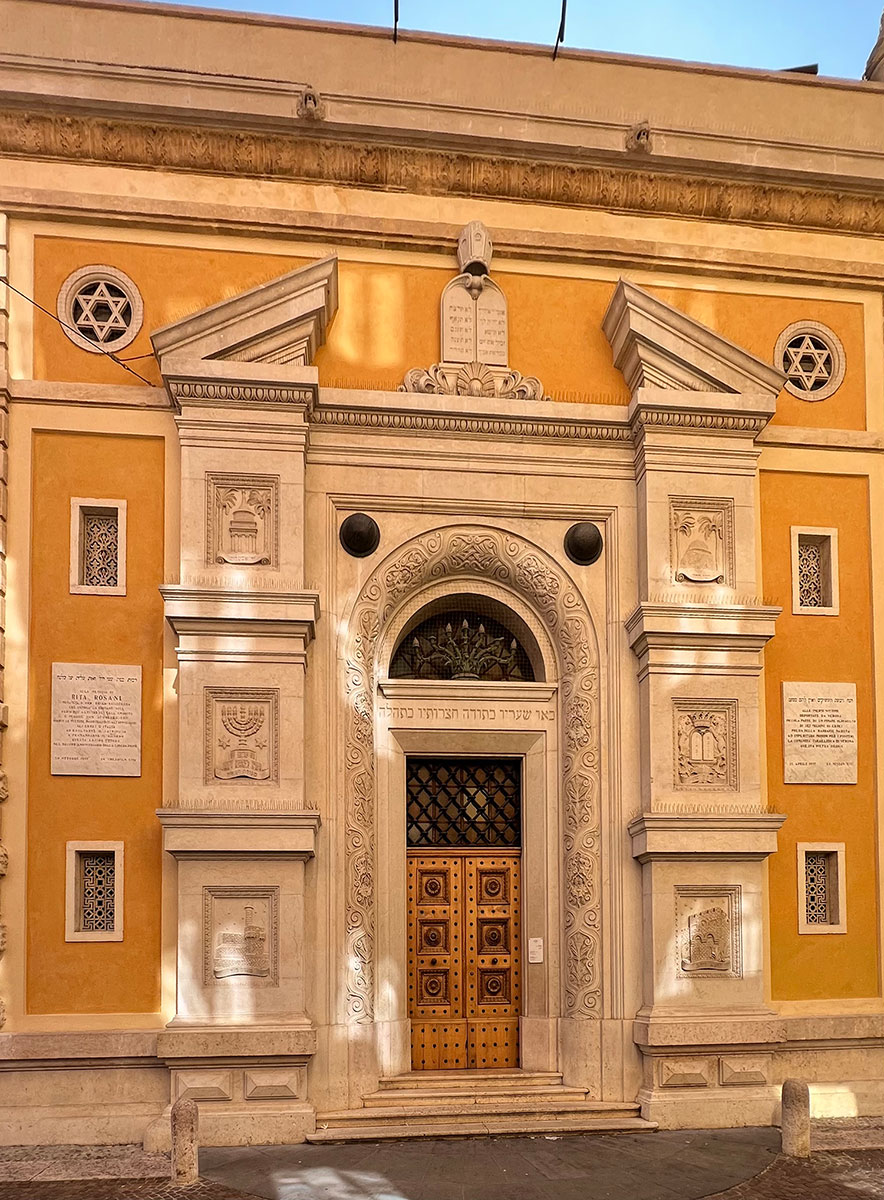 In Verona, Italy we visited the Jewish quarter and the restored synagogue. When I looked at my photos from that day there appear to be ghostly images on the building. Once a thriving Jewish community, dating to the 10th century. In 1406 Jews were recognized as citizens. They built a house of worship and worked as doctors, midwives, merchants. Unlike Spain where the Jews were expelled in 1492, they continued to thrive in Verona. At the end of the 1600’s there were around 900 Veronese Jews included in the economics and social life of Verona. By 1909, the numbers had declined to 600, and continued to decline with the deportation and murder of Jews in the 1930s. Today, approximately 100 people identify as Jewish in Verona.
In Verona, Italy we visited the Jewish quarter and the restored synagogue. When I looked at my photos from that day there appear to be ghostly images on the building. Once a thriving Jewish community, dating to the 10th century. In 1406 Jews were recognized as citizens. They built a house of worship and worked as doctors, midwives, merchants. Unlike Spain where the Jews were expelled in 1492, they continued to thrive in Verona. At the end of the 1600’s there were around 900 Veronese Jews included in the economics and social life of Verona. By 1909, the numbers had declined to 600, and continued to decline with the deportation and murder of Jews in the 1930s. Today, approximately 100 people identify as Jewish in Verona.
In Spain we visited Besalú where there are the remains of a mikvah (ceremonial bath) discovered in 1964 and a synagogue. In the early 1300s approximately 200 Jews lived here, representing a quarter of the total population. Living side-by-side with their Christian neighbors until the late 1300s when Jews were driven out. This mikvah probably belonged to a synagogue that likely stood in the Plaça dels Jueus (Jew’s Square), from where you have view of the Fluvia River and the Roman bridge.
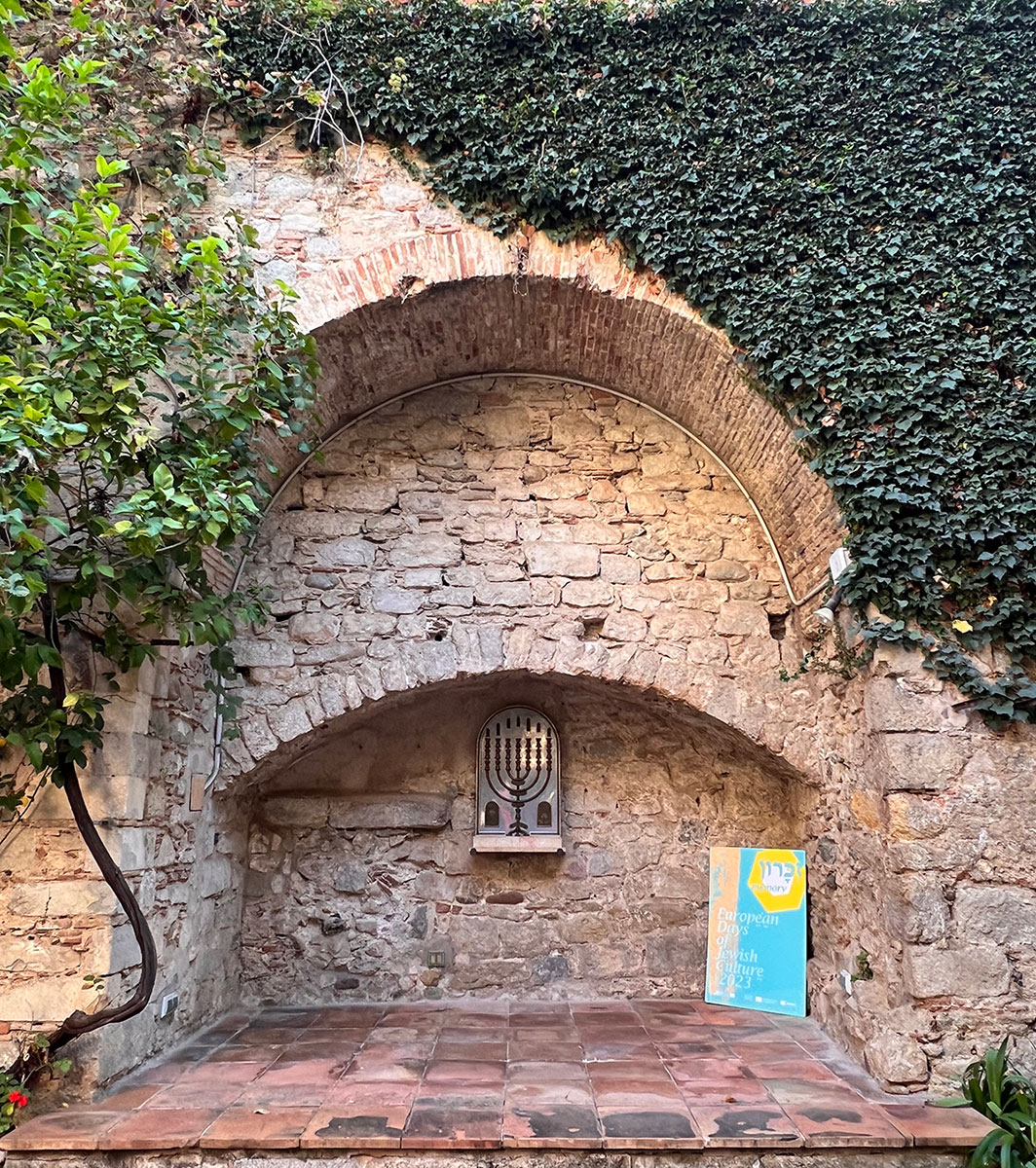 We visited Girona, where Jews lived for more than 500 years, until their expulsion in 1492. This is one of the most well-preserved Jewish quarters in Europe, with a labyrinth of narrow streets, homes, staircases, arches, and patios. One of the main buildings located in what was the last synagogue in the city and is now home to the Museu d'Història dels Jueus (Jewish History Museum). The exhibits here were exceptional, and while our time was limited, I had an opportunity to take a few minutes in the gardens to meditate.
We visited Girona, where Jews lived for more than 500 years, until their expulsion in 1492. This is one of the most well-preserved Jewish quarters in Europe, with a labyrinth of narrow streets, homes, staircases, arches, and patios. One of the main buildings located in what was the last synagogue in the city and is now home to the Museu d'Història dels Jueus (Jewish History Museum). The exhibits here were exceptional, and while our time was limited, I had an opportunity to take a few minutes in the gardens to meditate.
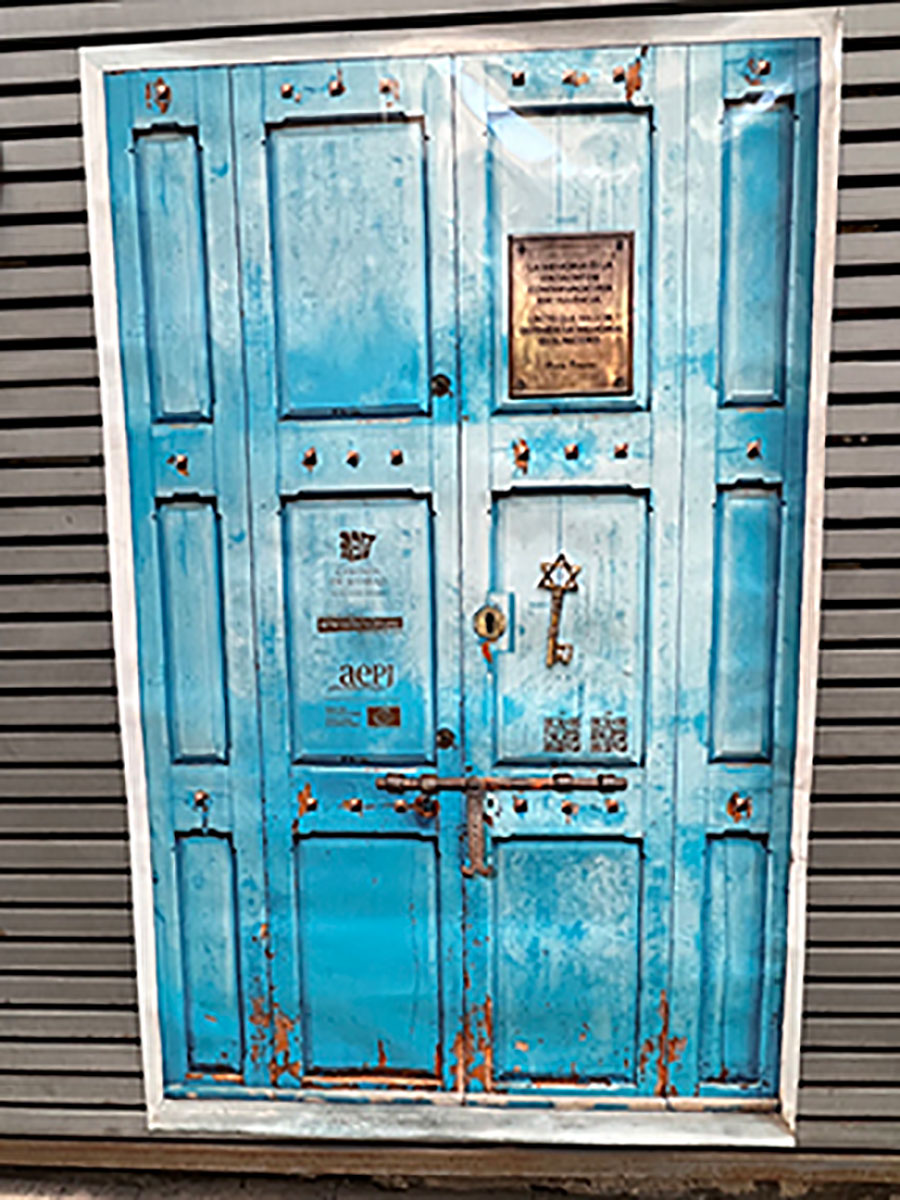
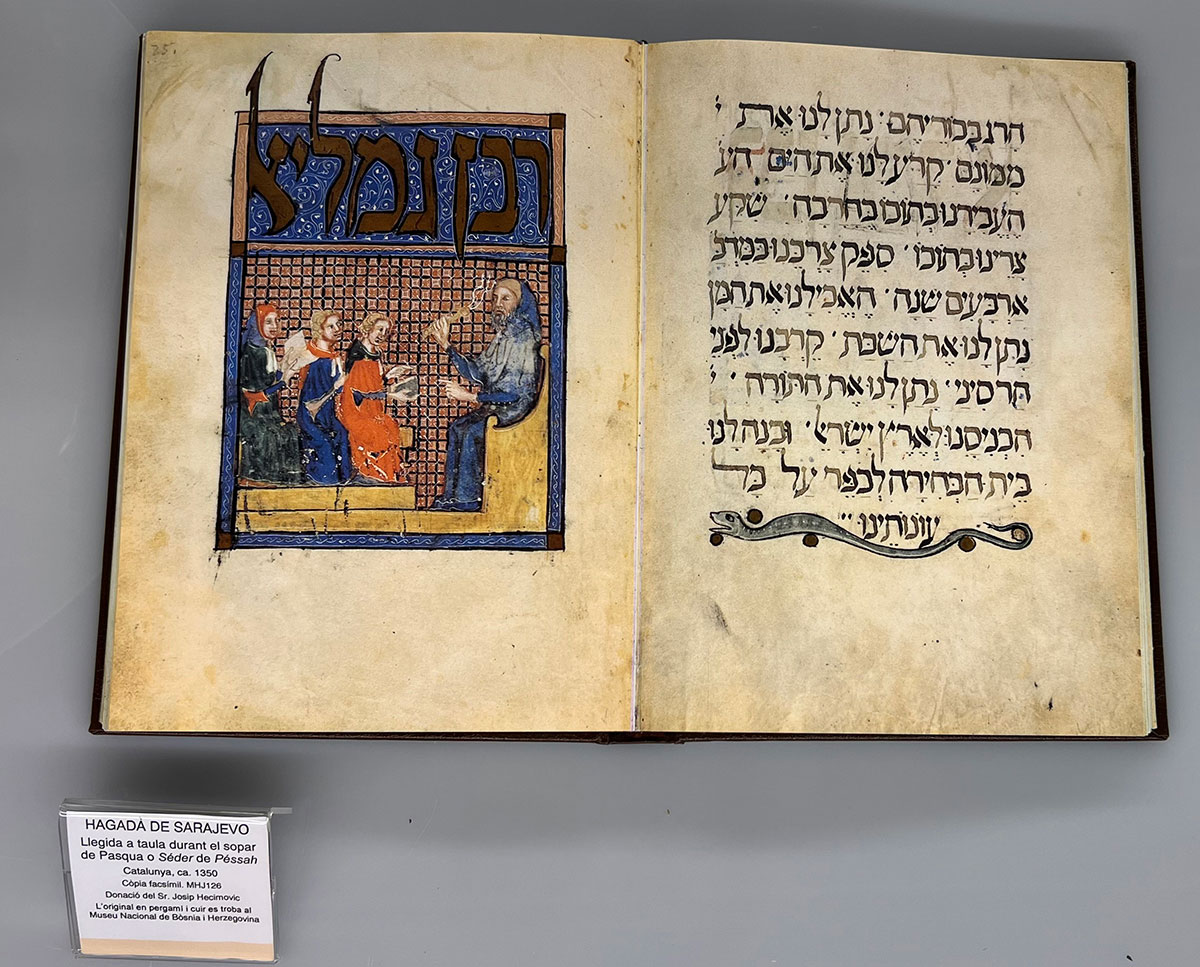 In Barcelona, we wandered the narrow streets of the gothic quarter, finding plaques identifying Jewish sites, and remains of a synagogue. In the Middle Ages, Barcelona's Jewish community was a large self-governing community under the rule of the Crown of Aragon. Jews represented 10% of the overall population of Barcelona. The city's Jewish Quarter, El Call, was a meeting point and place of refuge for Jews everywhere. Although we didn’t have a chance to visit the museum here, we learned that Barcelona is part of a Network of Spanish Jewish Quarters – The Paths of Sepharad: an association of towns and cities whose medieval quarters showcase the historic, artistic, environmental, and cultural legacy left by the Jewish communities that lived in Spain. The massive Archive of the Cathedral of Barcelona preserves thousands of parchments and books that tell the history of the city, including the Jewish community that coexisted and shared daily life with other communities.
In Barcelona, we wandered the narrow streets of the gothic quarter, finding plaques identifying Jewish sites, and remains of a synagogue. In the Middle Ages, Barcelona's Jewish community was a large self-governing community under the rule of the Crown of Aragon. Jews represented 10% of the overall population of Barcelona. The city's Jewish Quarter, El Call, was a meeting point and place of refuge for Jews everywhere. Although we didn’t have a chance to visit the museum here, we learned that Barcelona is part of a Network of Spanish Jewish Quarters – The Paths of Sepharad: an association of towns and cities whose medieval quarters showcase the historic, artistic, environmental, and cultural legacy left by the Jewish communities that lived in Spain. The massive Archive of the Cathedral of Barcelona preserves thousands of parchments and books that tell the history of the city, including the Jewish community that coexisted and shared daily life with other communities.
Although Jews were expelled from all of Spain in 1492, today Barcelona has an active Jewish community and the Jewish Quarter of Barcelona is home to the European Association for the Preservations and Promotion of Jewish Culture and Heritage, which promotes fundamental European values of human rights, cultural diversity, and intercultural dialogue with a goal to understand and conserve Jewish culture and heritage.
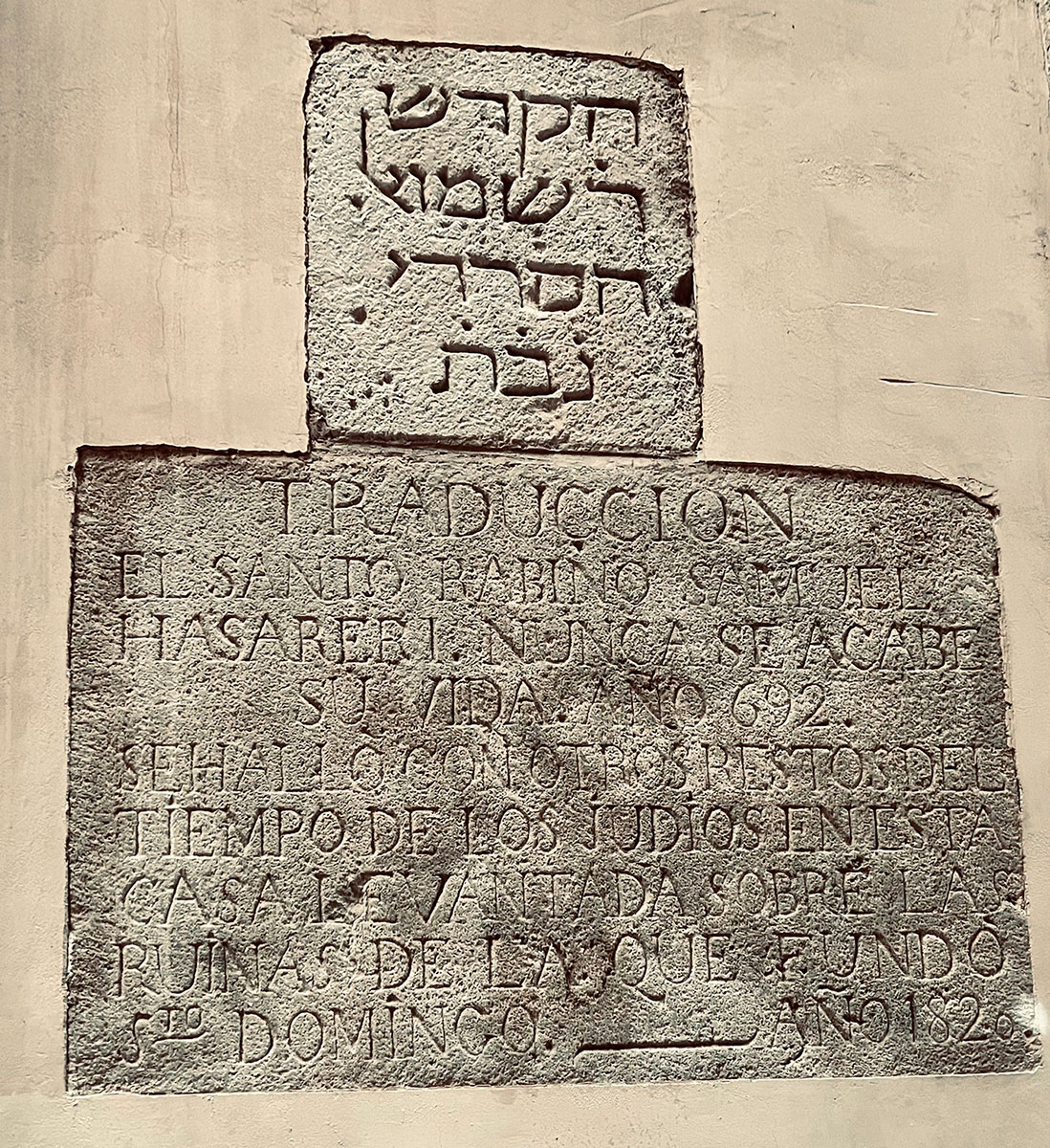 What is remarkable about so many of the places that we visited in Europe, is how visible the many complex layers of civilization and cultures are represented. Cities built upon cities, Roman walls and bridges still standing, destroyed, and rebuilt Jewish quarters. At a time of rising antisemitism throughout the world, rather than ignore or deny the past, there appears to be a genuine effort to understand this ancient past and to educate and learn about the devastating nature of the traumas perpetrated against the Jewish people.
What is remarkable about so many of the places that we visited in Europe, is how visible the many complex layers of civilization and cultures are represented. Cities built upon cities, Roman walls and bridges still standing, destroyed, and rebuilt Jewish quarters. At a time of rising antisemitism throughout the world, rather than ignore or deny the past, there appears to be a genuine effort to understand this ancient past and to educate and learn about the devastating nature of the traumas perpetrated against the Jewish people.
Grappling with the horrors of the terrorist attack in Israel, the war there and in Ukraine, we must heighten our ability to cultivate acceptance and compassion. Through our work as a global community, the profound symbols and images of the collective unconscious have the power to transmute the repetitive cycles of destruction and to reconnect us with the generative power and rhythms of the universe aligning with all that is matter and mind and heart and spirit.
Let us sound out together. May we find a path to peace for all of humanity and the planet we call home.
